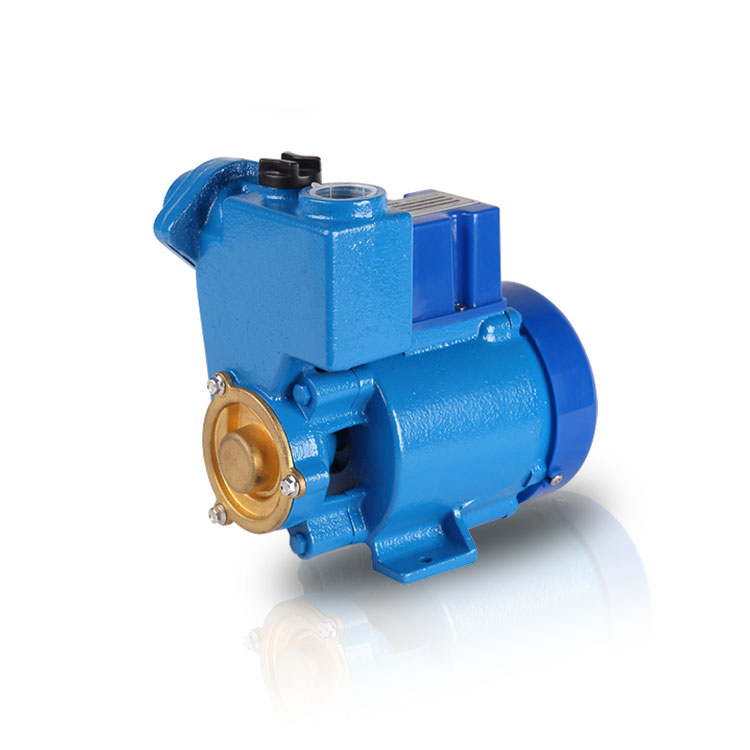Ensuring Accuracy in Fuel Metering Systems: Measures Implemented in Gas Pumps
2024-04-24
In the fast-paced world of fuel retailing, the accuracy of fuel metering systems in gas pumps is paramount. Not only does it ensure fair pricing for customers, but it also maintains the trust and reputation of fuel stations. To this end, various measures have been implemented to guarantee the precision of these systems.
Let's delve into the key measures that ensure the accuracy of fuel metering systems in gas pumps.
Firstly, strict regulatory compliance is a cornerstone of accuracy. Governments worldwide have established stringent regulations governing the design, installation, and calibration of fuel metering systems. These regulations specify the acceptable tolerance levels for metering errors and require regular inspections and audits to ensure compliance. Gas pump operators must adhere to these regulations and implement the necessary measures to maintain the accuracy of their metering systems.
Calibration is a critical step in ensuring the accuracy of fuel metering systems. Gas pumps are equipped with meters that measure the volume of fuel dispensed. Over time, these meters may experience wear and tear, leading to metering inaccuracies. Therefore, regular calibration is essential to adjust the meters and ensure they are accurate within the specified tolerance levels. This calibration process involves comparing the meter's readings with a known standard to detect and correct any deviations.
Technology advancements also play a vital role in enhancing the accuracy of fuel metering systems. Modern gas pumps are equipped with advanced sensors and electronic components that monitor and control the metering process. These technologies provide real-time data on fuel flow rates, temperatures, and other parameters, enabling precise metering and accurate dispensing.
In addition to these measures, gas pump operators must also prioritize training and education. Employees must be trained on the proper operation and maintenance of the fuel metering systems to minimize human errors and ensure consistent accuracy. Regular training sessions and refresher courses can help keep employees updated on the latest technologies and best practices.
Moreover, the use of quality fuel and additives is also crucial. The composition and properties of the fuel can affect the metering accuracy. Using fuels that meet industry standards and adding appropriate additives can help maintain the metering system's performance and accuracy.
Lastly, gas pump operators must establish a robust quality control system. This involves regular inspections and audits of the fuel metering systems to identify any potential issues or inaccuracies. Promptly addressing these issues can help prevent metering errors and maintain the overall accuracy of the system.
In conclusion, ensuring the accuracy of fuel metering systems in gas pumps requires a multi-faceted approach. Strict regulatory compliance, regular calibration, technological advancements, employee training, quality fuel usage, and robust quality control systems are all integral to maintaining accurate metering and fostering customer trust. By implementing these measures, gas pump operators can provide reliable and accurate fuel services to their customers.



